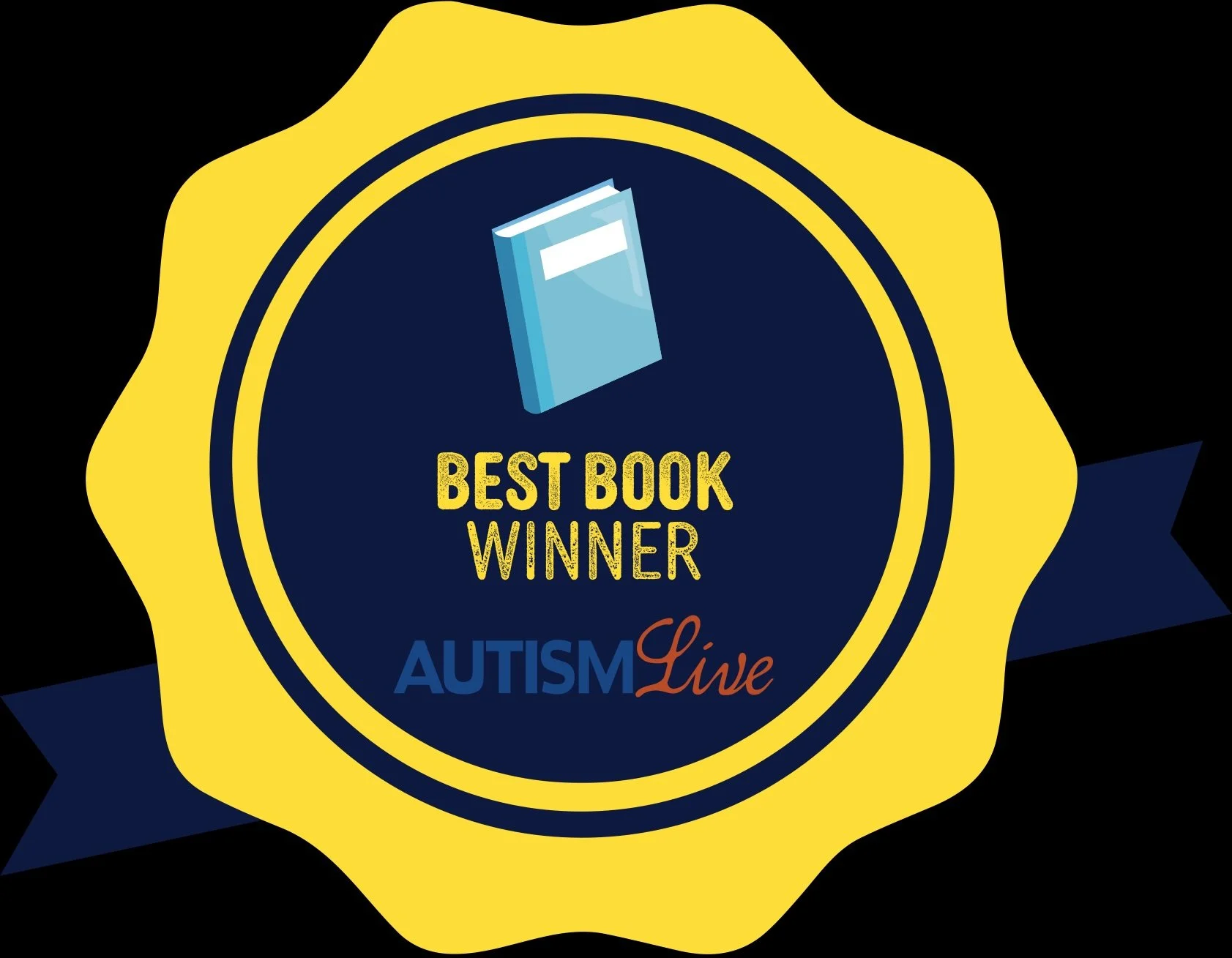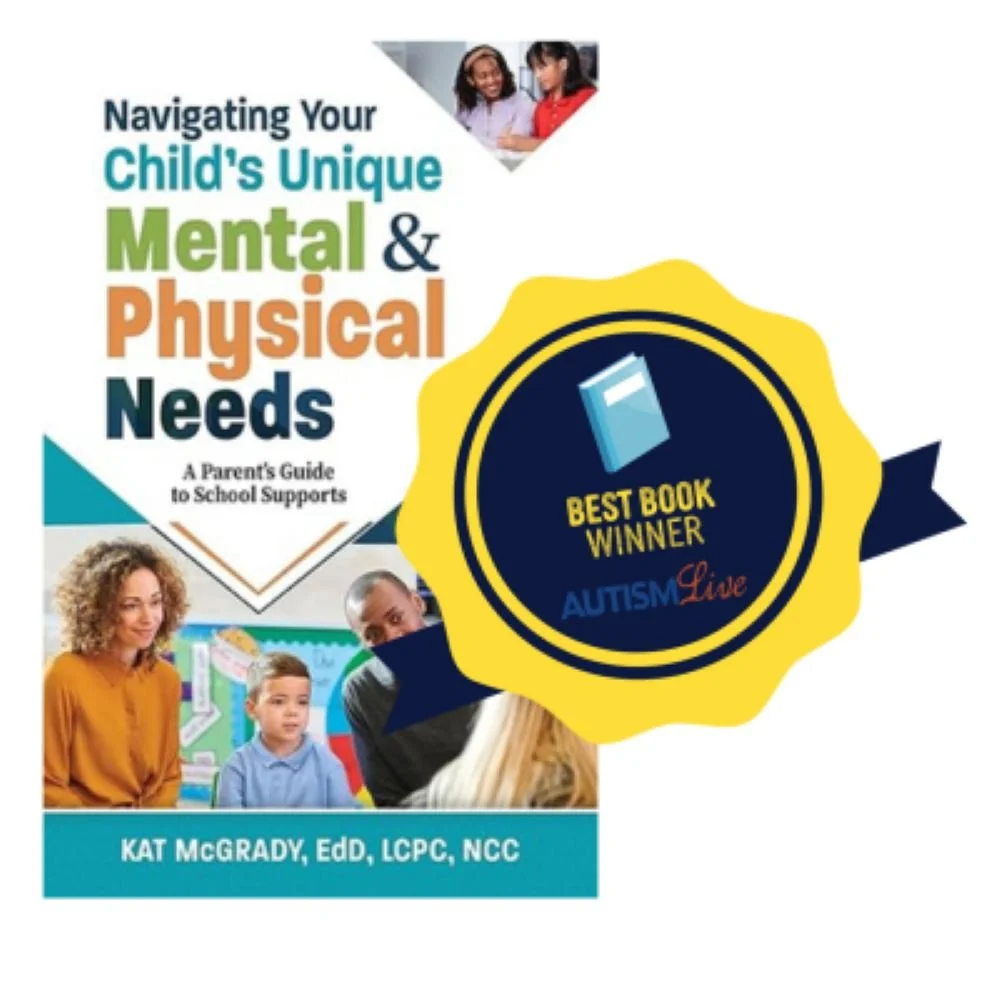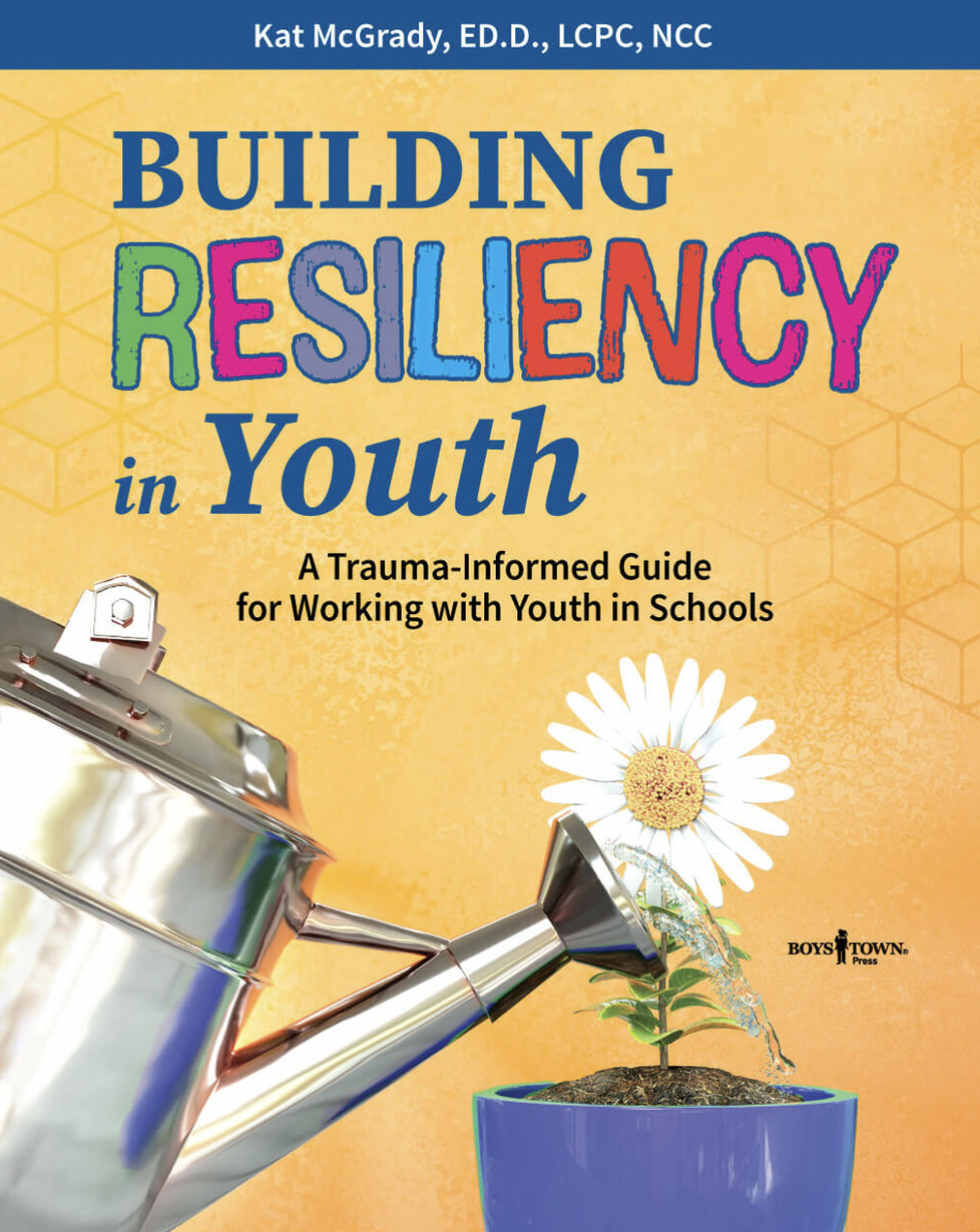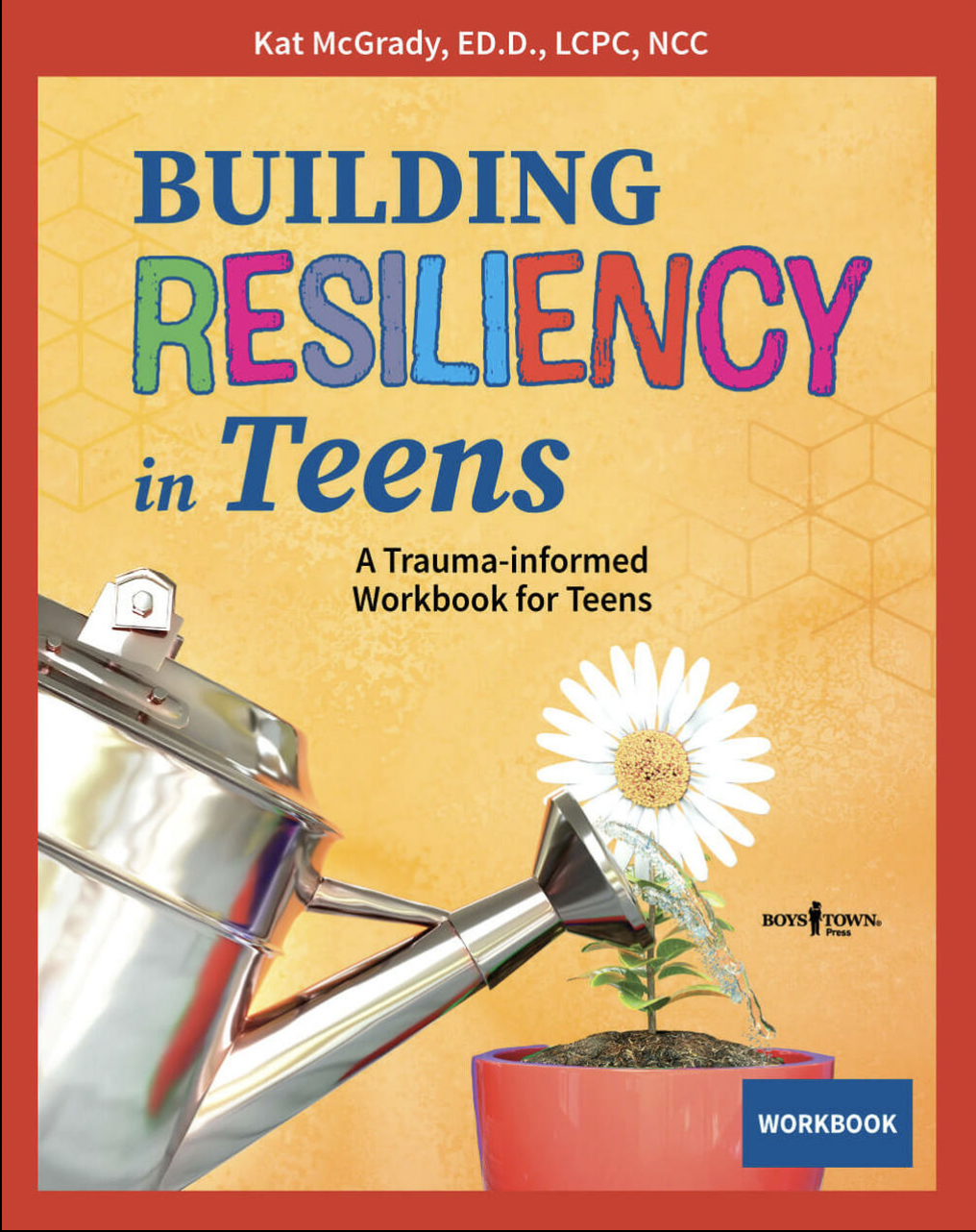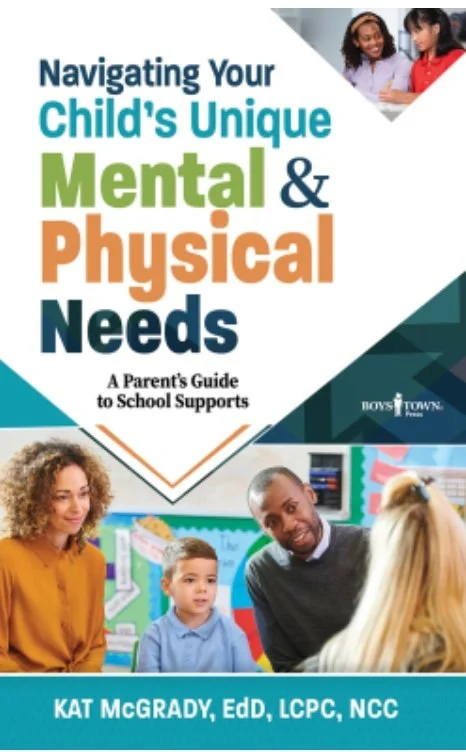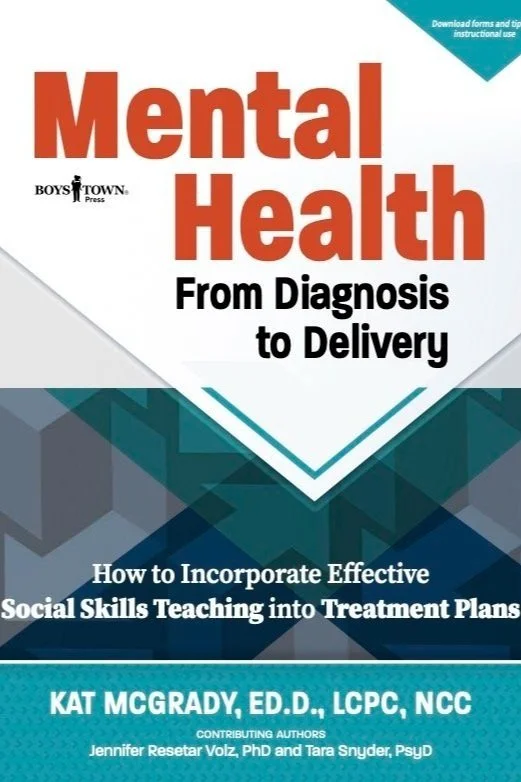BOOKS
Counselor’s Choice Award Winner
Building Resiliency Series
This guide will help you not only recognize the signs of trauma but will show you how to best support individuals dealing with it. You will also learn how to:
-Encourage and cultivate resilience
-Practice intentional reflection
-Identify compassion fatigue and methods to alleviate the effects
-Best practices for trauma-informed professional development
This Activity Guide is filled with 33 trauma-informed, adult-led activities for children ages 5 through 12.The interactive, unique, and fun activities are focused around three skill-building themes:
-Processing feelings, emotions, behaviors, and actions
-Coping, grounding, and calming
-Confidence-boosting, strength and resilience
Included in the guide is a downloadable children's read-aloud with coloring pages, activities, and discussion prompts.
This workbook for teens includes 27 trauma-informed self-guided assessments and activities for middle and high school-age children. These activities encourage:
-A better understanding of emotions, behaviors, and actions
-A customized plan to calm and cope with stress
-A renewed sense of self and value
Firebird Award Winner
In the Parenting and Family Category
&
Autism Live! Award Winner
Best Book in the Caretaker Category
A concise, step-by-step blueprint for parents and caregivers to understand and maximize special education services, and the accommodations children need for full inclusion in the classroom.
Each chapter addresses key elements of the special education process, including the most common types of interventions and how to receive them, collecting relevant data, collaborating with school staff, strategies to enhance the treatment planning process, cultural factors that can influence treatment planning, and steps to take if a plan is not being followed.
Special emphasis is given to parental self care and to helping caretakers acknowledge and accept their child’s diagnosis, understand their responsibilities on the treatment planning team, and advocate forcefully but fairly on their child’s behalf.
Straightforward and substantive, Mental Health from Diagnosis to Delivery showcases how social skills instruction can be applied and effectively incorporated into the successful care and treatment of children diagnosed with DSM-5 disorders (Diagnostic and Statistical Manual of Mental Disorders, Fifth Edition).
Media
Psychology Today Blog
The Mommies Reviews
Motherhood Moment
San Francisco Bay Area Moms
Boys Town Blog


